Baku is skilfully chopping down Paris’s colonial throne And confronts Macron’s strategy in the South Caucasus
Caliber.Az presents an interview with Igor Korotchenko, Russian Military Expert and Director of the Caspian Institute of Strategic Studies.
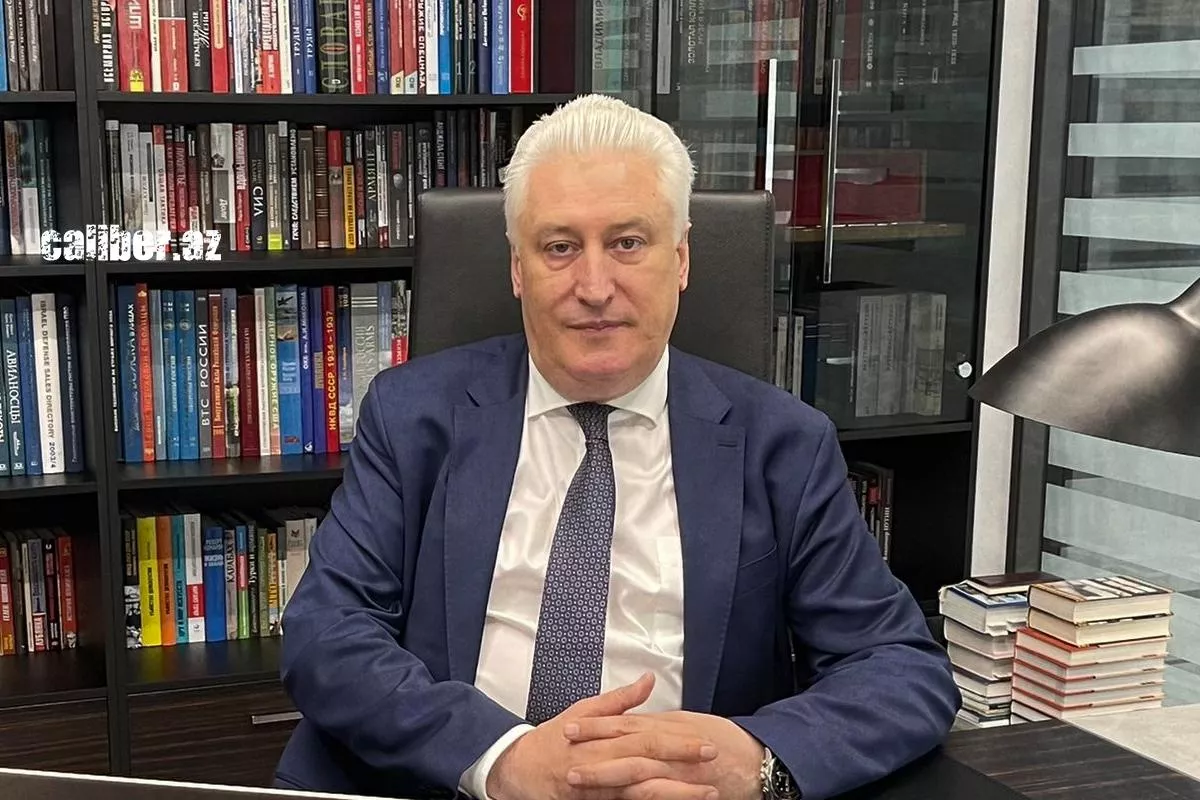
— In Armenia, there are increasing statements about the possibility of a peace agreement being signed soon, but at the same time, Yerevan is actively rearming itself, signing new contracts for purchasing offensive weapons worth hundreds of millions of dollars. So, what should we expect from Armenia in the end—peace or war?
— Right now, we are witnessing significant turbulence in international relations, as globalization has lost its direction. Old alliances are falling apart, and new ones are being formed on both multilateral and bilateral bases. Armenia is also trying to find its place in this new world. On the one hand, we hear declarations about a commitment to peaceful relations with Azerbaijan and Türkiye, along with a renunciation of historical claims to imagined greatness. Even Prime Minister Pashinyan himself is changing his image, no longer appearing as the bearded oppositionist who broke into power but rather as a somewhat Europeanized politician with a clean-shaven face.
On the other hand, Armenia’s previous aggressive tendencies have not disappeared, which is why it continues to seek support in its foreign and defence policies from power centres such as France and the United States. Armenia is purchasing offensive weapons, including operational-tactical missiles (OTR) from India, air defence systems from France, and preparing new personnel for its army at US military training institutions. Additionally, we know that Armenia's foreign intelligence service has entered into strategic partnership agreements with France's Directorate-General for External Security (DGSE), the US Central Intelligence Agency (CIA), and others.
Thus, Armenia, with all its contradictions, historical grievances, and desires for revanche, is trying to fit into this new world as best as it can, with a distinctly Armenian pragmatism. Therefore, relying on Armenia’s goodwill is pointless. I said this in 2020, and I can repeat it now: only a combination of diplomacy and precise, surgical military methods can force Armenia to act responsibly. This is why Azerbaijan, guided by these considerations, is building its relations with Armenia as a state that seeks peace but understands that war can knock on the door at any moment. Hence, the new directions in military development, including arms purchases, because Azerbaijan clearly understands that, even after its victory in the Second Karabakh War and the acquisition of full sovereignty, military power remains indispensable. With this in mind, Azerbaijan is focusing on a comprehensive strengthening of its overall power.
— There is also the opinion that Armenia is not the main initiator of this process, but rather the collective West—France, the US, and other powers—who, by arming Yerevan, are interested in creating imbalance and conflict in the region…
— Both theses are true; this is a mutual process of reciprocal interests. And of course, if such a policy is being formulated in the Élysée Palace by President Macron, it means that, both militarily and in terms of intelligence, France is acting as Azerbaijan's main geopolitical opponent. Paris, in this way, is focused on destabilizing the South Caucasus, weakening Azerbaijan, and, consequently, strengthening Armenia.
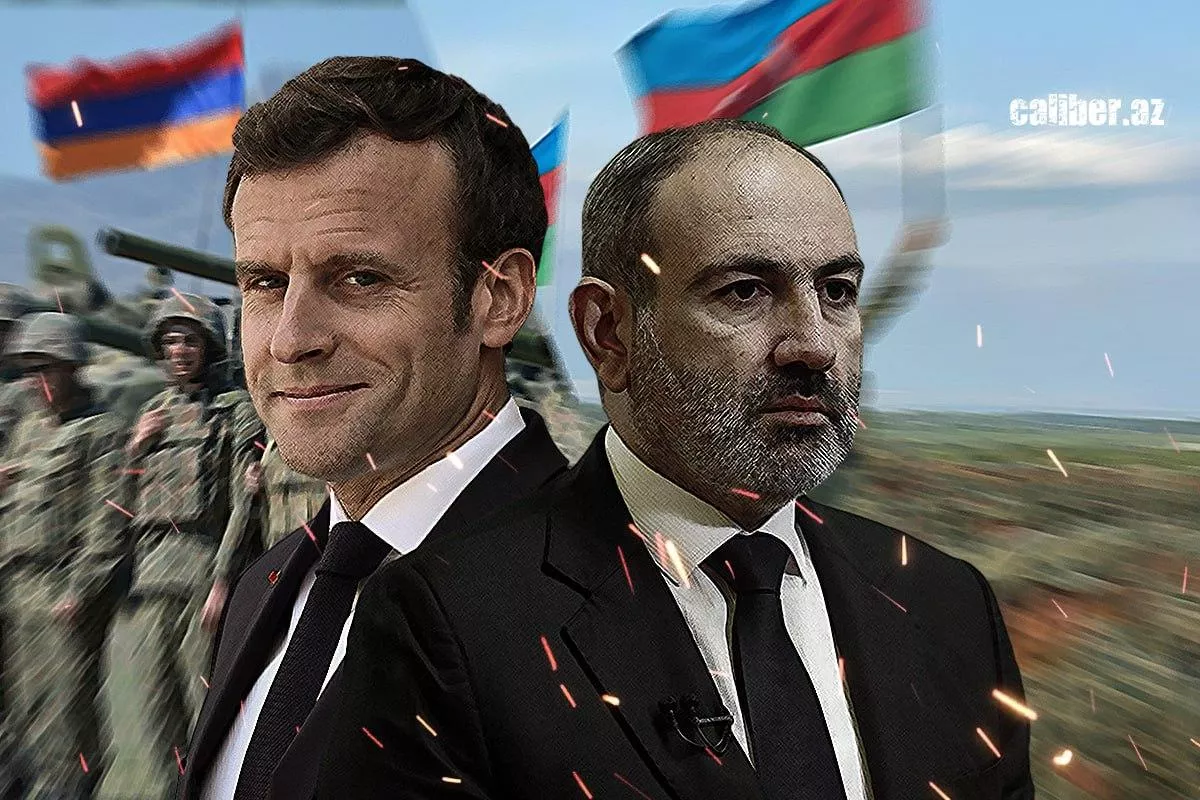
In an ideal scenario, France would want to see a change in Azerbaijan’s political leadership, but even in Paris, they understand that this is unrealistic. The country has a strong centralized power, and Ilham Aliyev, who led Azerbaijan to victory in the Second Karabakh War, is seen as a national hero. Undermining his authority and the stability of the government is something Paris cannot achieve. So, what can France realistically do? They can supply Armenia with weapons, create trouble for Azerbaijan on the international stage, and build an anti-Azerbaijan coalition. There is no doubt about this, because Macron belongs to the group of the most sensitive, reactive, and vulnerable politicians, who often make important political decisions based on purely personal motives.
There is no doubt that France is Azerbaijan's main enemy, the most consistent and determined one. And this will last for a long time. France’s plan is to steadily push Armenia toward military conflict with Azerbaijan, trying to strengthen Armenia’s military capabilities to the maximum. In the future, we might very well see French military bases replacing Russian ones in Armenia. It is clear that under Macron, this policy will continue, and we can expect at least a few more years of escalation. However, it should be noted that Azerbaijan is not seeking enemies or trying to spoil relationships—it is simply reacting appropriately to threats to its security and sovereignty.
At the same time, Baku has also struck at France’s core by raising the anti-colonial issue, which touches the very foundation of France as a state. Azerbaijan is, in essence, skillfully undermining the legs of France’s colonial throne, and such things are not forgiven in Paris. It is clear that this will exacerbate antagonism among the French elites, as Azerbaijan is the one raising the question of dismantling France's colonial empire, and in this context, Baku is rising to prominence. Objectively speaking, the United Nations is no longer working in New York, but in Baku. We see where the future of humanity is being decided—at COP29 in the capital of Azerbaijan. Who more than anyone else tried to discredit the holding of COP29 in Baku? Without a doubt, it was France.
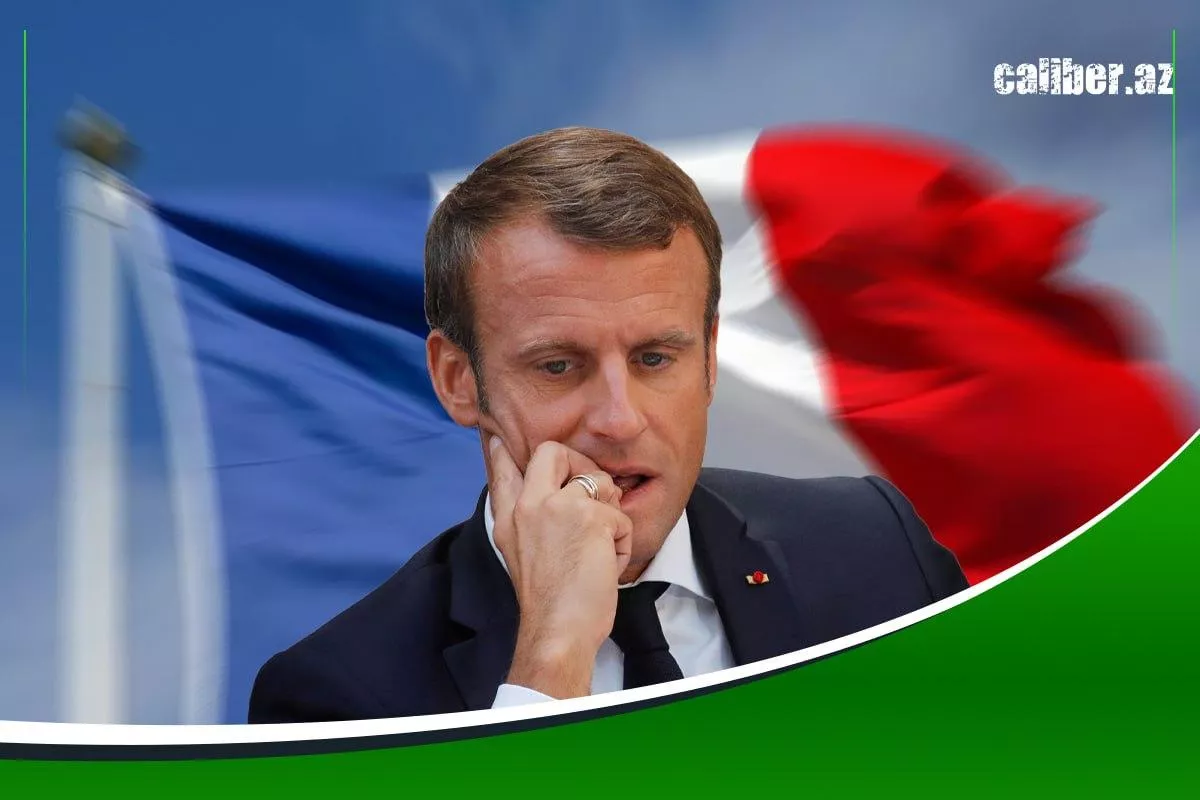
New facts reveal strong pressure from Paris on the leaders of sovereign African states to prevent them from visiting Baku. Paris, along with Brussels, has been engaging in other hostile actions, including launching ongoing information campaigns aimed at discrediting Azerbaijan. However, in spite of this, Baku has done something truly remarkable: it has put one of the world’s largest countries, a nuclear power, and a permanent member of the UN Security Council—France—in its place, which undoubtedly speaks to Azerbaijan’s strength and authority.
President Lukashenko made a very accurate remark on this matter, stating that "Azerbaijan is responsible for stability and security in the South Caucasus, de facto having a mandate for this." This obvious truth is now recognized by all.
As for the United States, we have already seen anti-Azerbaijan statements and actions from the Biden administration. The US operates within the framework of its geopolitical strategy, where the main goals are to weaken Russia's influence in the South Caucasus and strengthen its own position. Here, Armenia is once again ready to serve as a compliant instrument for American national interests. It’s also important to remember that the US has already attempted to create a fifth column in Azerbaijan, but these attempts were firmly prevented. However, the US does not forgive such initiatives, especially when it expels countries from the very nations where it tries to orchestrate colour revolutions.
So, following the well-known logic of "the enemy of my enemy is my friend," the US will seek to strengthen Armenia. And while Pashinyan may now present himself as a peaceful figure, everyone remembers how he danced in Shusha and made statements that even the representatives of the Karabakh clan would not have dared to make. Also still fresh in memory is the Tonoyan doctrine: new war—new territories. All of this happened under Pashinyan and only proves that the nature of Armenian politics can change only under external influence. Therefore, the factors of Azerbaijan’s military power, economic, and political influence are crucial for maintaining stability in the South Caucasus and limiting Armenia’s revanche-driven aspirations.
— Can Trump’s return influence Washington’s policy in the South Caucasus?
— In my opinion, not much is expected from Trump's return in this regard—everything remains too uncertain. We shouldn't relax and assume that the Armenian lobby has significant influence in the US It is undoubtedly going to find new advocates in the new American administration. This process is unstoppable, much like the coming of autumn or winter.
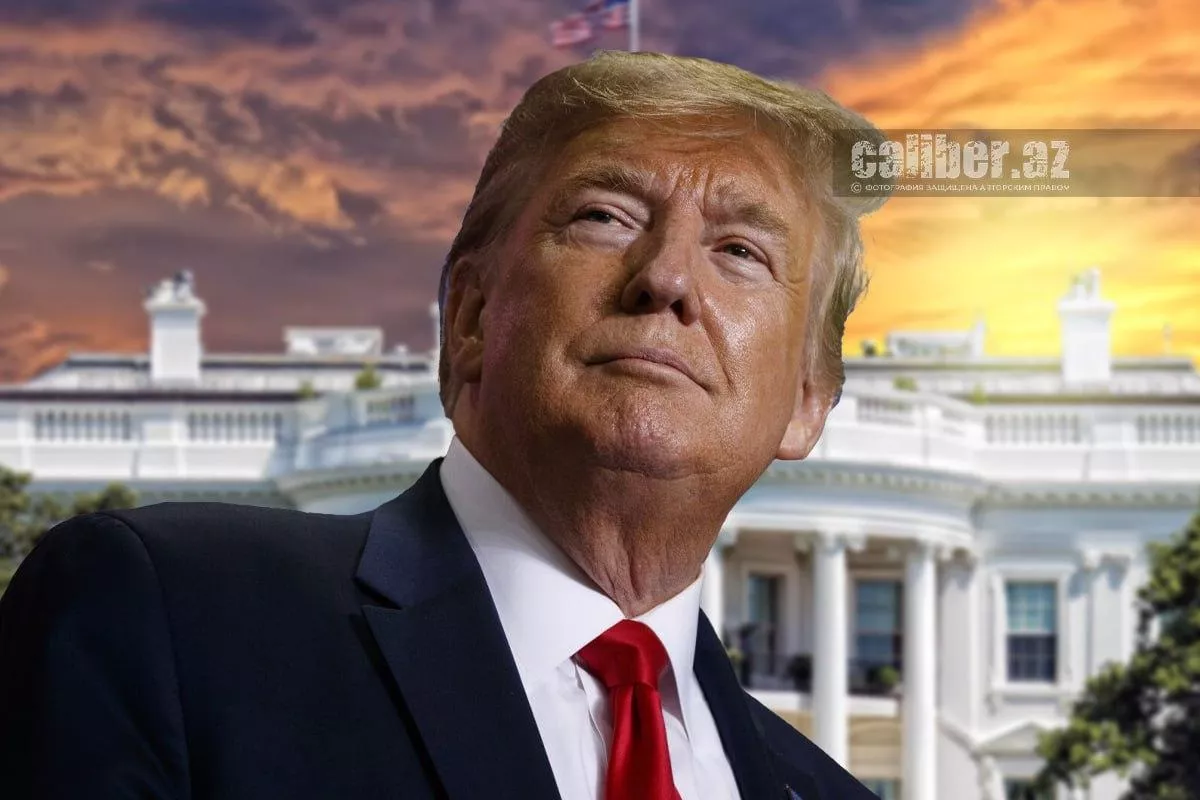
It can be noted that the people Trump nominates for key positions, with rare exceptions, often lack practical experience in government administration. Therefore, the arrival of these appointees in power could significantly shift the US positions in various areas of international relations. For this reason, it is important to prepare for the worst by building a pragmatic policy and acknowledging that Trump’s return marks a new phase of unpredictability in global politics. Perhaps things will improve, but it’s still too early to make such predictions.
— How can we describe Russia’s current political course in the South Caucasus?
— If we look at the latest statements from the Russian government, they generally reflect a strong respect for Azerbaijan, condemnation of Armenia’s unconstructive position, and criticism of Western players who are trying to destabilize the situation in the South Caucasus.
Russia continues to insist on a comprehensive, fair peace agreement, rather than the ersatz version that Armenia is proposing to sign. Interestingly, this is exactly what Paris and Washington are advising Armenia to do: sign some sort of interim peace agreement, and then stop any further discussions, leaving an opening for a future Armenian revanche. Russia opposes such proposals, and its current stance is built on the view that Azerbaijan is a strategic ally and a crucial economic partner in the region, with relations between the two growing increasingly successful.
In contrast, Russia’s relations with Armenia are deteriorating almost every day—but this is a reality we must live within the current historical period.
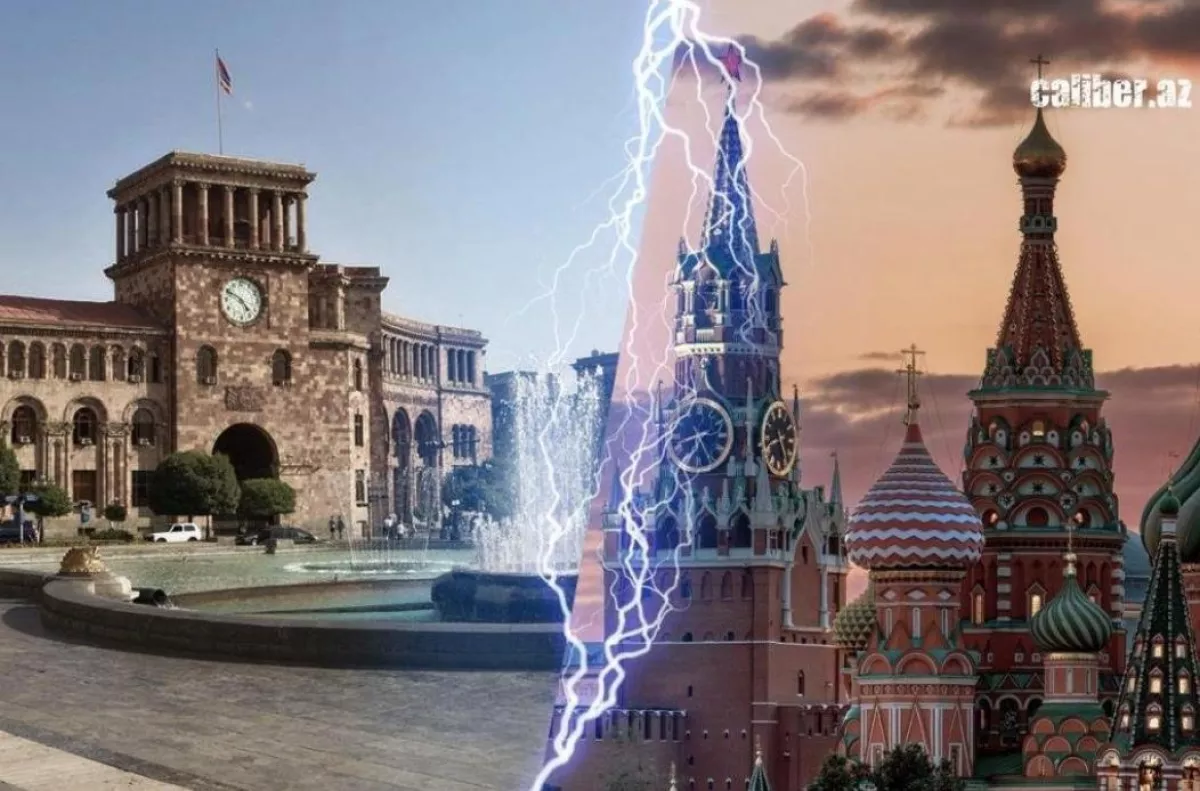
As for measures of influence, in case of need, Russia has effective economic leverage over Yerevan. However, the use of these tools depends on how far Pashinyan’s shift towards the West progresses.
— Nevertheless, we also observe another trend — the growth of trade turnover between Yerevan and Moscow...
— Yes, Armenia is currently the main beneficiary of anti-Russian sanctions. Many are surprised by the significant increase in trade turnover between Moscow and Yerevan, but Armenia is taking advantage of substantial preferences, trying to grab its share. I would note that this is the essence of Pashinyan's current, rather clever policy — to sever military and security ties, while maintaining and even developing trade and economic relations. Pashinyan has repeatedly declared Armenia's exit from the CSTO, but, as we can see, he doesn’t even hint at leaving the EEU. This reflects the pragmatic nature of Armenia’s approach, according to the well-known, though not entirely accurate, saying about "wanting to have the fish and eat it too." This is, in fact, a direct illustration of Yerevan's current strategic thinking.








